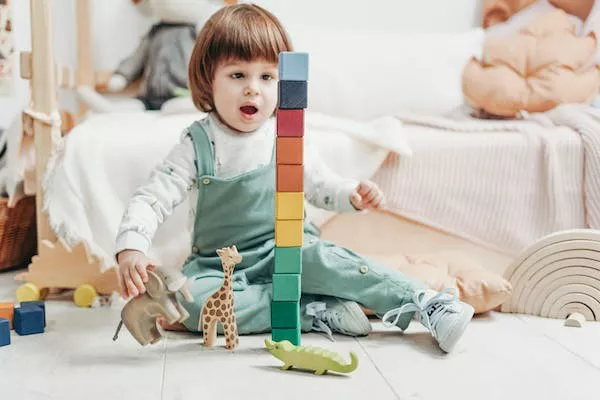When it comes to raising a baby, one of the most common questions parents have is, “What size should a 6-month-old be?” Understanding the expected growth and development of your little one is crucial for ensuring their well-being. In this comprehensive guide, we will explore the typical size, weight, and length of a 6-month-old baby, providing insights and milestones that every parent should be aware of.
Average 6-Month-Old Size:
At 6 months of age, babies come in various sizes, but the average weight typically falls in the range of 14 to 16 pounds (6.4 to 7.3 kilograms). The length of a 6-month-old is typically around 24 to 26 inches (61 to 66 centimeters). However, it’s important to remember that these numbers can vary significantly, and genetics play a crucial role in determining a baby’s size.
According to data from the World Health Organization (WHO), the median weight of a 6-month-old girl is approximately 15 pounds (6.8 kilograms), while the median weight for a boy of the same age is approximately 16.5 pounds (7.5 kilograms). Keep in mind that these are just guidelines, and many healthy babies may weigh more or less than these figures.
Factors Affecting Size:
Genetics: Your baby’s family history plays a significant role in determining their size. If both parents are tall, your baby is more likely to be on the larger side.
Nutrition: Proper feeding and nutrition are essential for healthy growth. Breastfed and formula-fed babies may have different growth patterns, but both can be perfectly healthy.
Prematurity: Premature babies may be smaller in size compared to full-term infants. However, they often catch up in size during their first few years of life.
Health Conditions: Any underlying health conditions can affect a baby’s growth. It’s crucial to consult with a pediatrician if you have concerns about your child’s size.
Developmental Milestones:
By the time your baby reaches 6 months, they should have achieved several developmental milestones. These include rolling over, sitting with support, and making attempts to grasp objects. Keep in mind that all babies develop at their own pace, and some may reach these milestones earlier or later.
The ability to track moving objects with their eyes, smiling in response to your interaction, and babbling are other notable achievements for a 6-month-old. Encourage your baby’s development by providing a safe and stimulating environment.
Growth Spurts:
It’s essential to be aware of growth spurts during your baby’s first year. Babies often experience periods of rapid growth, where they may seem hungrier and sleep less. These growth spurts are entirely normal and a sign that your baby is progressing well.
During growth spurts, babies may temporarily increase their feeding frequency and intake. It’s essential to accommodate their nutritional needs during these times to ensure optimal development.
Consultation with a Pediatrician:
Regular visits to your pediatrician are crucial for monitoring your baby’s growth and development. Your healthcare provider will track your child’s size and growth on a growth chart to ensure they are following a healthy trajectory.
If you have concerns about your baby’s size or development, don’t hesitate to discuss them with your pediatrician. They can provide guidance and address any questions or worries you may have.
Conclusion:
In conclusion, there is no one-size-fits-all answer to the question, “What size should a 6-month-old be?” Babies come in various sizes, and their growth is influenced by factors such as genetics, nutrition, and individual development. It’s essential to focus on your baby’s overall health and well-being rather than fixating on a specific size or weight. Regular check-ups with your pediatrician and providing a loving, stimulating environment for your child will ensure they reach their full potential as they grow. Remember, every baby is unique, and they all develop at their own pace.


